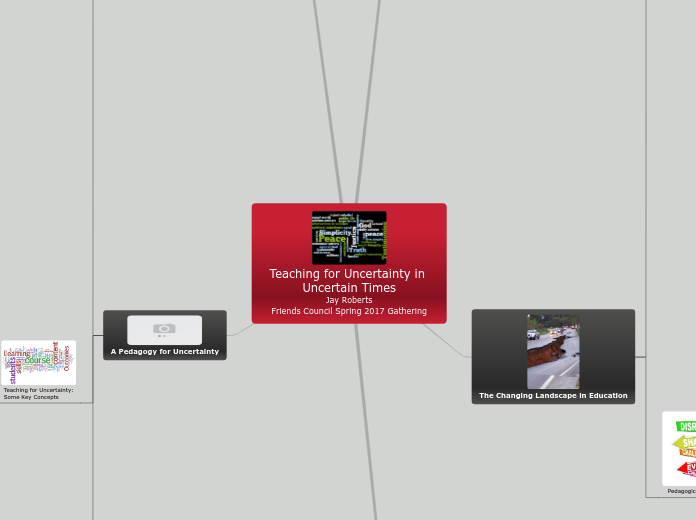によって LAKSHMINARAYANAN KARTHIK NAGARAJ N/A 9年前.
474
Welcome to the Thomas Edison Science Laboratory!
The experiment aims to explore whether shadows can be formed in colors other than black. Using a whiteboard, red, green, and blue bulbs, light sockets, and an opaque object, the setup involves arranging the bulbs and adjusting their positions until white light is seen on the board.









